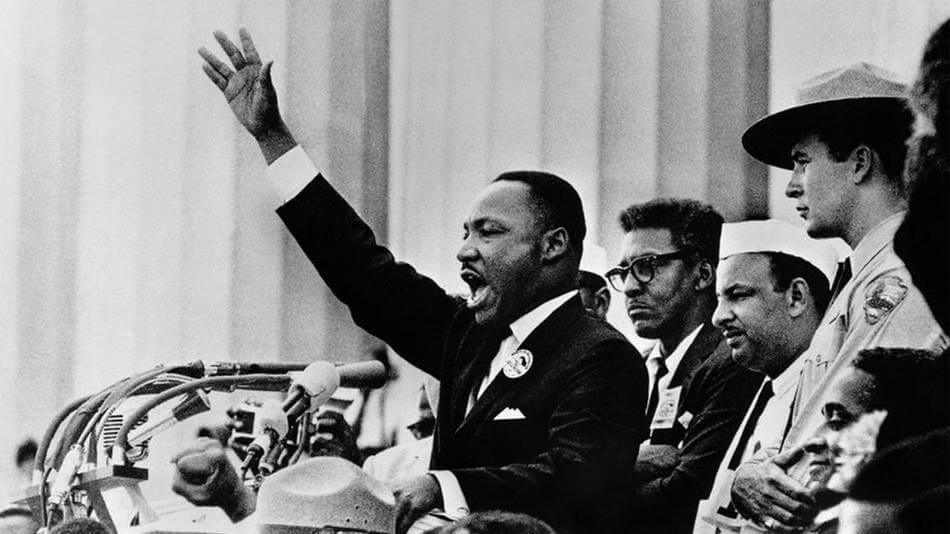Change the organizational culture, change the game
Can organizational culture be changed – key lessons from culture change
What does it take to build a strong culture? That’s a tough question.
Too many organisations go about the wrong way in creating corporate culture change. That probably explained why many of the corporate culture change initiatives failed or that that they cannot be sustained.
It is not too surprising that many leaders and managers doubt whether it is possible to change corporate culture in the first place. But it is:
#1 – Aligned to vision, mission, strategies, goals and environment
Successful organisations have corporate culture aligned to their visions, mission, strategies, goals and their environment. It is generally agreed that the purpose of corporate culture is to develop an internal environment that is conducive for people to perform effectively.
#2 – Strong rationale
To get a buy in of corporate culture change requires a strong rationale. It is true that most culture change takes a lot of effort and time to overcome resistance. An effective way to overcome resistance is provide a strong, compelling and sound rationale for the culture change.
#3 – Changing mindsets
Effective corporate culture change must begin with changing mindsets. No change can be implemented without first a change in mindset. Changing mindsets is about eliminating unproductive habits or work practices that do not add value to the individual or the organisation. It is about inculcating a positive attitude towards oneself, work, people, the management and the organisation as a whole.
#4 – Consistent with the new culture
To achieve credibility and win commitment of people, policies, procedures and practices must be consistent with the new culture. Consistency is an important factor in gaining credibility of any change program.
#5 – Various culture transmission mechanisms
To ensure company wide culture assimilation, culture change programmes should utilise various culture transmission mechanisms available. To succeed in culture change, there must be prevalent practices of behaviour that reflect the new culture.
#6 – Touching hearts
To achieve deep and sustainable culture change, requires participative approach. Culture change is by nature a deep and fundamental change. Such a change requires not just opening up minds but also touching hearts.
Employees emotions are where the momentum for real transformation ultimately lies. Here is brilliant example of the use of video as a storytelling tool – the trailer of the movie, Prometheus: “If you’ll indulge me, I’d like to change the World”
#7 – Company-wide acceptance
The commitment of top management is essential for the success of culture change. The success of culture change requires company-wide acceptance. To have company-wide practice of new corporate culture requires the commitment of top management
#8 – Opinion leaders
To speed up culture change leverage on “opinion leaders”. Every resource is needed to help speed up the culture change process. A good way to tap into the organisation resource is seek out “opinion leaders” to assist in promoting the new culture. Opinion leaders can be formal or informal leaders whose opinion matters to others
#9 – Powerful dream
Create a powerful dream of the new culture. Every great achievement starts with a powerful dream. There is a compelling force of change in creating a powerful dream. And great changes come from powerful dreams. It should come across as exciting, inspiring and worthwhile for everybody in the organisation
#10 – Reinforce change success
Recognise and reinforce change success early and frequently. A culture change is on ongoing process and may take a long time to see tangible results. Too often leaders wait too long before they start to recognise, reward or reinforce the motivation of people in the process of implementing culture change.
Good luck!
Short URL & title:
Top 10+ key lessons from culture change — http://www.torbenrick.eu/t/r/lbj
Share it:
If you enjoyed this article, please take 5 seconds to share it on your social network. Thanks!









Fantastic post, as always, Torben. As a coach and interim manager to small/micro business for most of my working career I find that knowing what to do and the implementation of that knowledge can be like mixing oil and water – so close, but not quite.
The additional key I might suggest is that cultural change is not delegated to a committee. It requires a dedicated champion, and where possible should be the one driving the change to begin with. I have seen with grave consequences, times where a mandate had been ushered in, the initiative started, met with eventual resistance, thereafter retracted – resulting in the wrong cultural change.
Cultural change is possible, but only with a controlled, measured approach will it yield the positive results initially envisioned.